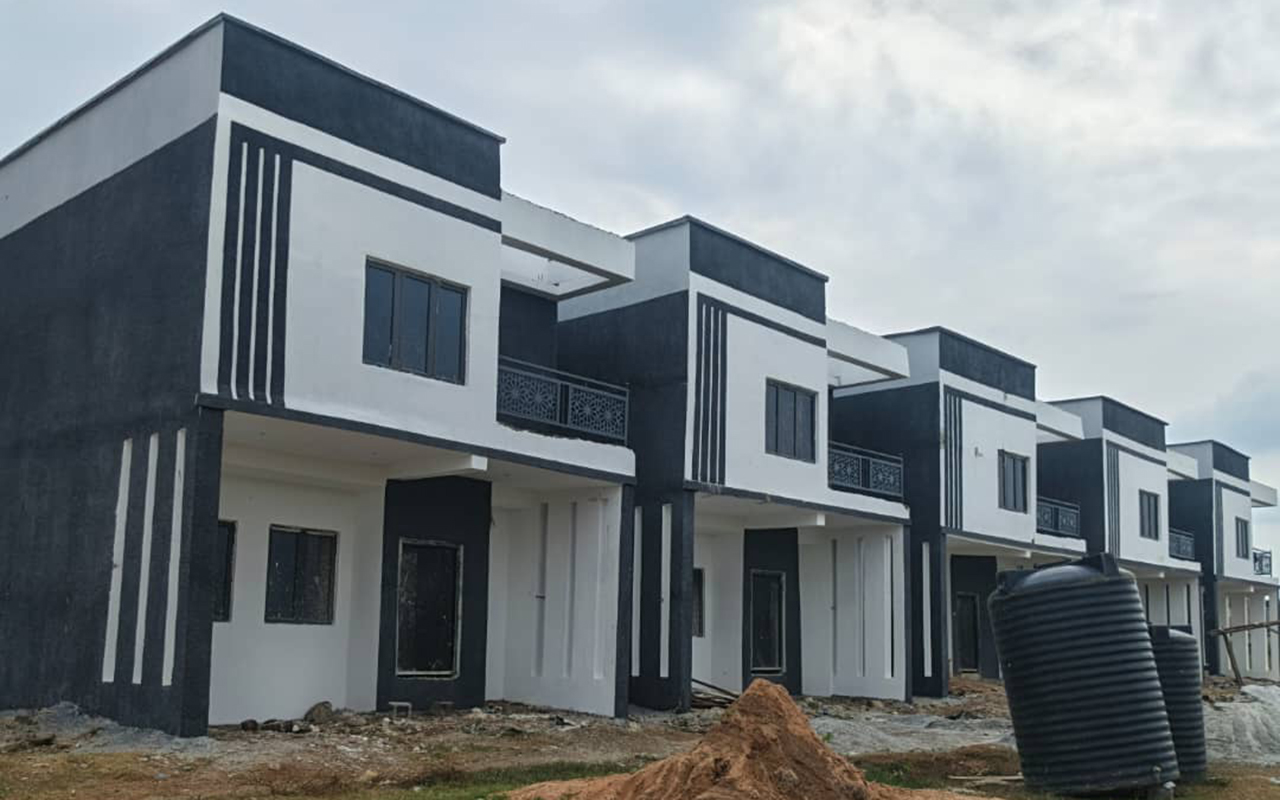
Professionals are struggling to promote real estate auctions, following challenges and risks in commercial transactions such as lack of regulatory framework, and failure to account for hidden costs – outstanding taxes, maintenance expenses, or renovation costs, which significantly impact the property’s overall profitability.
Regrettably, its adoption is still at the infancy stage in many parts of the country, where people rely on open market sales, whereas in developed countries, auctions are the most preferred option for buying and selling property. Real estate auction involves the selling of lands and buildings through open bidding and online competitive processes.
The trend started in the 1970s in the United States and other nations when some developers found auctions as an effective way to sell a property quickly without incurring large costs. With a severe decline in real estate prices and increased cases of property involved in foreclosure and bankruptcy, the methodology was massively deployed then.
In Africa, the property market in South Africa has witnessed an appreciable usage of auction sales largely because the market is seen as a long-term investment with buyers and sellers always looking for the best buys and value for money. The sale of properties through the auction market is also believed to be more mature, transparent, and a marketplace where buyers pay a fair market value for their purchase.
However, in Nigeria with an estimated population of over 200 million and an affordable housing shortfall of 28 million, the auction market is considered not viable due to inherent challenges like poor awareness, societal perception of the concept, and fear of anti-graft regulatory agencies.
Some of the benefits include promoting transparency, curbing corruption, wastages and offering buyers the ability to get lands and buildings at a true/fair value, accelerated sale, and exposure.
Industry specialists traced the low performance to a lack of clear-cut regulation on auctioneering, despite the existence of professional groups such as certified auctioneers. A major worry is that the regulatory framework is weak to deepen the practice as anybody can easily obtain a license to practice.
The Guardian further learnt that a major militating factor against the adoption of auctions in real estate is that oftentimes people don’t like publicity associated with it and prefer sales by private treaty. Also, many are worried that families, colleagues and friends will see their properties being listed for sale and assume that they are financially distressed.
Besides, purchasers of real estate are not comfortable coming to argue the price of real estate openly through auctions including the e-auction method because of anti-graft agencies like EFCC and other public agencies who might query the source of their wealth.
Also, prospective property buyers prefer physical consultation with traditional real estate agents in their quest for property acquisitions rather than going through the auction market.
The Guardian gathered that the largest volume of real estate auction transactions recorded in Nigeria was liquidated assets belonging to banks. About 50 landed properties were liquidated under the guidance of the Nigerian Deposit Insurance Company and auctioned through public competitive bidding in 20 states.
Professionals like the Certified Institute of Auctioneers Nigeria, a body responsible for training and certification of auctioneers argued that auctions are gaining momentum in the country. They believe that the growth achieved made the Nigerian Institution of Estate Surveyors and Valuers (NIESV) to establish a faculty of auctioneering to develop expertise in the field.
The experts also disclosed that auctioneering has potential if well-regulated in Nigeria but its operatives need to create awareness on its existence and benefits of ensuring property ownership.
They said there is a need to engage higher institutions to teach auctioneering as a course, build capacity in that regard through training, create awareness among the public, and private sectors.
Past Chairman, Nigerian Institution of Estate Surveyors and Valuers (NIESV), Abuja Branch, Lansar Aghaji, said the problem with auctioning is the wrong perception of the society towards it. He said people see it as something cheap, “once you say auction what comes to everyone’s mind is buying something cheap.”
Whereas he pointed out that property never comes cheap, he explained that it is when the bidding process starts that people get disappointed seeing that it is expensive, hence, people shy away from auctions.
Aghaji, who doubles as the Head of Practice at Lansar Aghaji & Company, said property owners who want to go into auctioning feel that people see it as something cheap and reconsider their moves.
He said: “In the real sense of it, auctions are not cheap. Sometimes you will buy something from an auction; it will be double the normal price, especially when it is keenly contested for. The competition in bidding pushes up the price and you may end up buying it far more than the reserved price.”
Aghaji suggested that stakeholders, especially government agencies that seize property should adopt the auctioning method to draw local and international attention to it.
According to him, if government agencies do more auctioning, people will be more interested in it. He also wants individuals, estate surveyors and valuers and developers to promote the method.
Aghaji said in the past six months, Nigeria has recorded more asset auctions than real estate auctions. He recalled that some agencies like ICPC and the Economic and Financial Crimes Commission (EFCC) conducted property auctions two years ago.
The interim Chairman, Certified Institute of Auctioneers Nigeria (CIAN), Abuja Chapter and past NIESV National Secretary, Mr Shola Abeji, stated that there is a gradual adoption of auctions for disposal of real estate in terms of land and building, but observed that what is more prevalent is the disposal of vehicles, jewelry, and usage items.
Abeji, the principal partner of Shola Abeji & Partners, said government agencies and the private sector are gradually embracing the use of electronic auction methods in the disposal of assets and property.
“Though, the adoption of the auction method of disposal is slow, in the coming years the trend will change and awareness will also increase. The major challenge associated with the auction of real estate is the stigma of being indebted to the bank.”
For him, e-auction sales serve as a veritable tool to check corrupt practices as there would be public records of such sales.
“In terms of regulations, we have auction laws in Lagos, Osun, Kano and Kaduna States and Abuja, which operate within the ambit of the judiciary on how an auction should be conducted.
For laws on auctions generally, we have the Proceeds of Crime Act 2021 and Public Procurement Act that stipulates that all government property must be disposed of, after valuation and one of the disposal methods recommended is auction.
“However, there are no national legislations that regulate the industry. We had a bill that scaled through the National Assembly but was not signed by the Muhammadu Buhari administration.
“We have started the process and hope that the current National Assembly will pass it and also get assent from President Bola Tinubu. There is hope that the real estate auctions will gain traction in the near future.”
The Registrar, Certified Institute of Auctioneers Nigeria (CIAN), Adeleke Hassan, said auctioneering is a profession gaining momentum in the country. “Auction business in any economy can be divided into private and public sectors auction.
“Our institute has several auction faculties such as real estate, charity, automobile and industrial, art and artifacts, as well as equipment. Individuals interested in becoming auctioneers pass through the training process before certification. As of today, there are many more successful auctioneers engaging in live and online auctions than before,” he said.
He pointed out that many government institutions such as ICPC, EFCC and other agencies are now engaging the services of auctioneers to dispose of forfeited goods and ensure transparency in their activities.
He further said auctioneer services are always used to promote transparency and reduce the incidence of corruption in any society, adding that it is also used to eliminate wastages and improve the cash flow of organisations.






